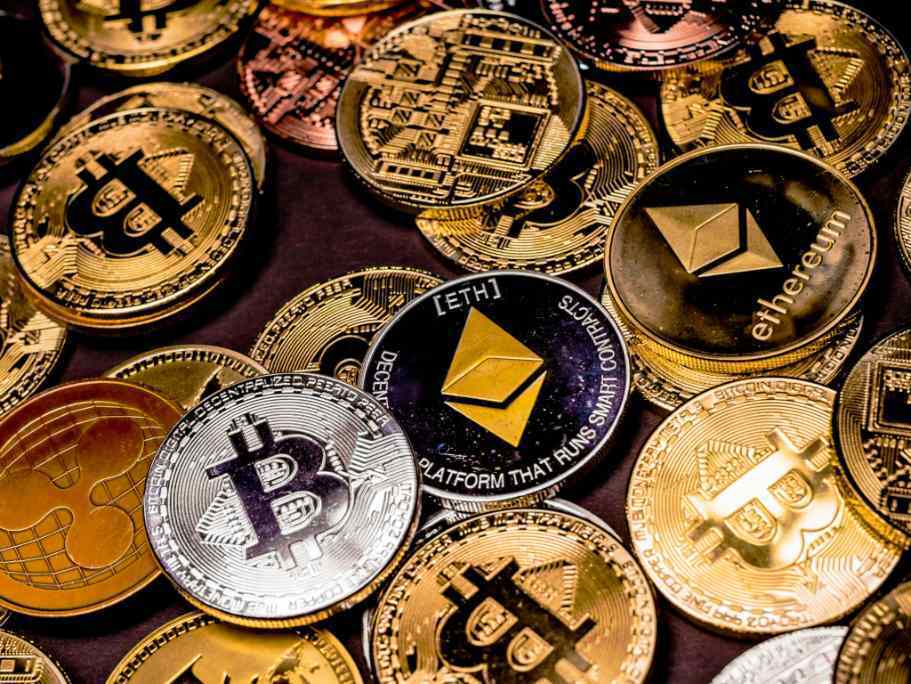Follow the Data: What Crypto Adoption Reveals About Canadian Players
Crypto is changing how Canadians gamble. Not what they play, but how they pay. This blog unpacks the data behind a surge that’s giving players more control, reshaping regulation, and redefining trust in iGaming. Based on the Statista Market Insights for casinos and casino games in Canada, digital assets now power a double-digit share of online casino transactions in Canada.
Why Payment Trends Reveal More Than Preference
Drawing on recent data from Ontario’s regulated market and emerging national trends, the findings highlight what web3 finance adoption says about Canadian gamblers and how it’s reshaping iGaming on ethical, economic, and psychological levels.
Key takeaways for crypto payments at online casinos in Canada
- Crypto payments now make up a meaningful share of Canadian iGaming transactions
- Younger Canadians are leading the move toward digital and decentralized wallets
- For many players, token-based payments’ appeal goes beyond convenience
- Hybrid payment systems are emerging as the next step
- The future of iGaming in Canada depends on balance
- Growth will hinge on transparency and trust
Canada’s Digital Gambling Boom and the Payment Evolution
Canada’s online gambling market has grown faster than anyone expected. Ontario’s open-licence framework, launched in 2022, has become a focal point for Canada’s wider discussion on innovation, responsibility, and player choice.
How regulation fuels innovation
Across the country, provinces like Alberta and British Columbia are shaping their own versions of regulated play to keep pace with what players expect and how fast the global market is growing. According to the Games and Casino’s market review, payment diversity is driving much of this expansion.
The rise of payment diversity
Interac remains Canada’s go-to deposit method, but decentralized payment has quickly found its place, capturing a steady share of the market in only a few years. For players exploring safe Bitcoin deposit options, the shift toward digital assets has never felt more practical or transparent.
Wallets such as MetaMask and Phantom have made digital assets more approachable, while blockchain itself is redefining what safety means through visibility and instant control.
The takeaway is that Canada’s online gambling landscape is growing quickly and beginning to decentralize. Web3’s rise signals the next step in that shift, one that asks how much freedom players will embrace and how responsibly regulators can evolve alongside them.
What the Data Really Says About Canadian Players
“Follow the money” is old advice, but in 2026, it’s the data that reveals how people really play.
Recent market research from iGaming Today highlights a sharp rise in crypto adoption among Canadian players. The trend is strongest among millennials and Gen-Z users, who cite speed, privacy, and a growing scepticism toward traditional banking systems.
Why autonomy matters more than anonymity
That last point matters; crypto’s rise in Canada isn’t fuelled by anonymity so much as autonomy. These players aren’t trying to disappear – they’re trying to decide. They want the freedom to move their money freely and the speed that only blockchain can deliver.
Generational adoption patterns
This shift mirrors the mindset of modern investors. Players now approach gambling with the same independence they bring to managing digital assets.
They prize choice, agency, and speed, and they increasingly look for those same qualities in the platforms they use. For a broader look at how these trends are shaping the industry, see Maple Casino’s guide for How to Gamble with Cryptocurrency.
Who’s Betting with Bitcoin?
Traditional gamblers still play for luck, yet digital asset users are motivated by autonomy and the feeling of control. Most are digital natives who understand risk and feel comfortable with volatility.
A recent report from European Gaming’s analysis suggests that many Canadians who gamble with tokens also trade them, reflecting a shared mindset around risk and reward.
The psychology behind the trend
Blockchain gambling taps into two things at once: the excitement of taking a risk and the reassurance of staying hands-on. The best crypto games in Canada reflect that same balance, rewarding transparency, control, and engagement in every spin or bet.
Layered risk and reward
Players can move value directly, bypass delays, and track every transaction on-chain. It creates an interesting balance, offering clear visibility but also demanding more personal responsibility.
How operators are adapting
Some Canadian operators have leaned into that narrative. A few have gone further, using blockchain verification and provably fair systems to frame crypto gambling as a more verifiable and accountable form of play. Others talk about speed, yet what players are really seeking, whether they realize it or not, is a greater sense of ownership in how they play.
The Road Ahead: What The Rise of Web3 Means for Canada’s Future
At its core, web3 gambling is less about technology and more about trust. Each blockchain transaction shows a kind of confidence in the technology, the platform, and the framework behind it.
The data suggests that Canadians aren’t just early adopters; they’re selective ones. They embrace systems that feel fair, measurable, and transparent; values that continue to define crypto’s appeal.
Canada’s chance to lead in ethical iGaming
That gives Canada a chance to lead, not through speed or deregulation, but by setting a global example for ethical digital play. The future of gambling probably won’t be all crypto or all fiat – more a mix of both, built around visibility and accountability.
Players will expect near-instant payouts and systems they can verify, seeking a balance between freedom and protection. Regulators will shift their focus from limiting choice to confirming fairness. Operators will have to prove that innovation and integrity can share the same ledger.
Looking Forward: The Human Takeaway
Canada’s decentralized gambling story isn’t about rebellion or regulation. It’s about finding the balance between autonomy and oversight, innovation and trust, plus, freedom and responsibility.
By looking at the data, we begin to see not just how Canadians play, but why. That understanding, steady and human at its core, is what will guide the next phase of iGaming.



